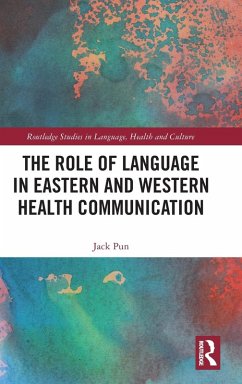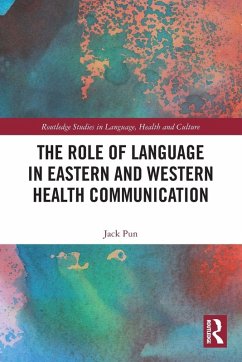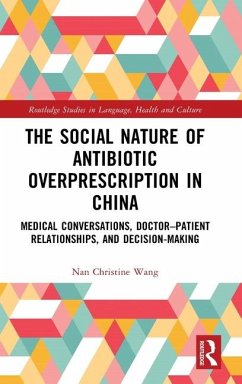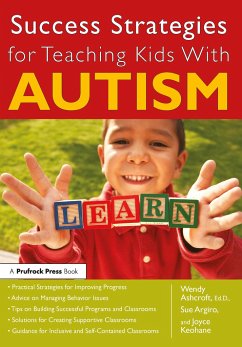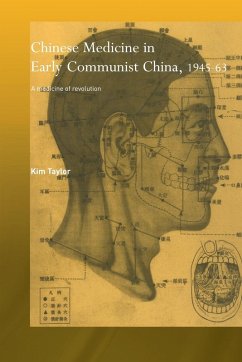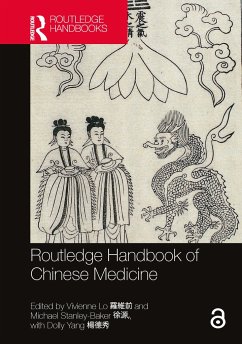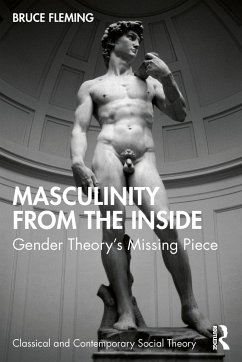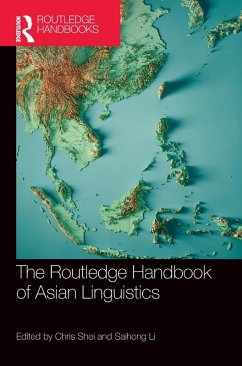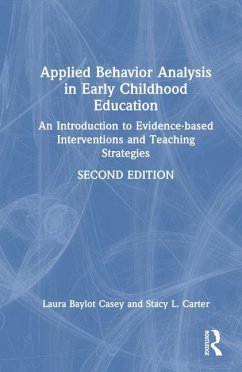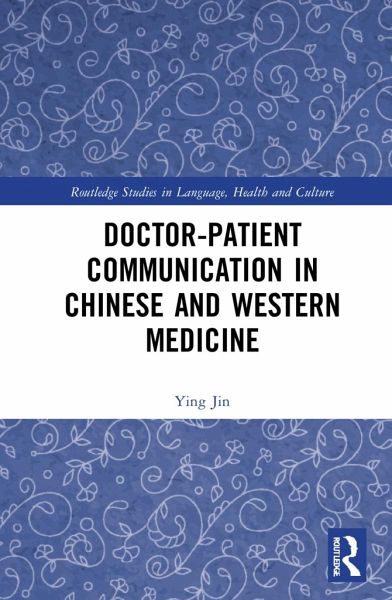
Doctor-patient Communication in Chinese and Western Medicine
Versandkostenfrei!
Versandfertig in 6-10 Tagen
154,99 €
inkl. MwSt.
Weitere Ausgaben:

PAYBACK Punkte
77 °P sammeln!
Drawing on naturally occurring doctor- patient conversations in real- life medical consultations, this book analyzes the similarities and differences in doctor- patient communication and patient satisfaction between traditional Chinese medicine (TCM) and Western medicine (WM) practiced in China.Little research is available looking at WM being practiced in Asian countries, and misunderstanding about Eastern medicines such as TCM can result in unwarranted claims and suspicions. This volume contributes to research on doctor- patient communication by exploring the communication behaviors between d...
Drawing on naturally occurring doctor- patient conversations in real- life medical consultations, this book analyzes the similarities and differences in doctor- patient communication and patient satisfaction between traditional Chinese medicine (TCM) and Western medicine (WM) practiced in China.
Little research is available looking at WM being practiced in Asian countries, and misunderstanding about Eastern medicines such as TCM can result in unwarranted claims and suspicions. This volume contributes to research on doctor- patient communication by exploring the communication behaviors between doctors and older patients who are able to communicate independently in both TCM and WM practiced in mainland China and evaluating patient satisfaction with their medical experiences. The book reports findings and insights from three independent and methodologically diverse studies, drawing on data from 69 real- life medical consultations: 30 from TCM and 39 from WM. Using conversation analysis, the Roter Interaction Analysis System, and both quantitative and qualitative methods, Ying Jin examines the differences between TCM and WM to help reveal the dynamics of doctor- patient interactions, the contextual details, and the impact of the clinical culture on medical communication. This insightful book will appeal to scholars and students from linguistics, language, and health communication as well as medical practitioners interested in doctor- patient communication and intercultural communication.
The findings reported here will shine a light on the relationship between clinical differences, health communication, and patient outcomes.
Little research is available looking at WM being practiced in Asian countries, and misunderstanding about Eastern medicines such as TCM can result in unwarranted claims and suspicions. This volume contributes to research on doctor- patient communication by exploring the communication behaviors between doctors and older patients who are able to communicate independently in both TCM and WM practiced in mainland China and evaluating patient satisfaction with their medical experiences. The book reports findings and insights from three independent and methodologically diverse studies, drawing on data from 69 real- life medical consultations: 30 from TCM and 39 from WM. Using conversation analysis, the Roter Interaction Analysis System, and both quantitative and qualitative methods, Ying Jin examines the differences between TCM and WM to help reveal the dynamics of doctor- patient interactions, the contextual details, and the impact of the clinical culture on medical communication. This insightful book will appeal to scholars and students from linguistics, language, and health communication as well as medical practitioners interested in doctor- patient communication and intercultural communication.
The findings reported here will shine a light on the relationship between clinical differences, health communication, and patient outcomes.




